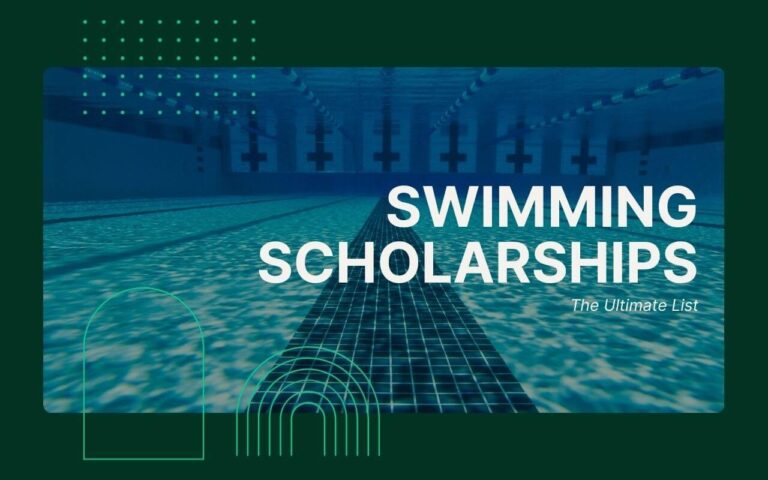Navigating the journey to higher education can be challenging, especially when balancing academic goals with financial pressures. For LGBTQ+ students, this journey can be even more complex due to additional hurdles they may face. Fortunately, as you prepare for the exciting journey of post-secondary education, there are numerous LGBTQ+ scholarships to support LGBTQ+ students.
These scholarships not only provide vital financial assistance but also recognize and celebrate the unique experiences and contributions of LGBTQ+ individuals. Through careful review of countless scholarships, I have identified Bold.org as the best resource for LGBTQ+ scholarships. Their platform features a range of options to support LGBTQ+ students, offering valuable financial assistance while acknowledging and celebrating their unique experiences and contributions.
In this guide, we’ll explore some of the best LGBTQ+ scholarships available, offering insights into how they can make a significant difference in your academic and personal journey. Whether you’re an incoming freshman, a returning student, or pursuing advanced degrees, these scholarships can be a stepping stone toward a brighter, more inclusive future.
Are you a high school student or currently enrolled in graduate school? Don’t miss out on our scholarship guide designed to support LGBTQ+ students. Apply today and take the next step toward achieving your educational goals!
These scholarships are just a few of the many available to high school, undergraduate, and graduate students. Be sure to continue your scholarship search to find opportunities that’ll meet your needs.
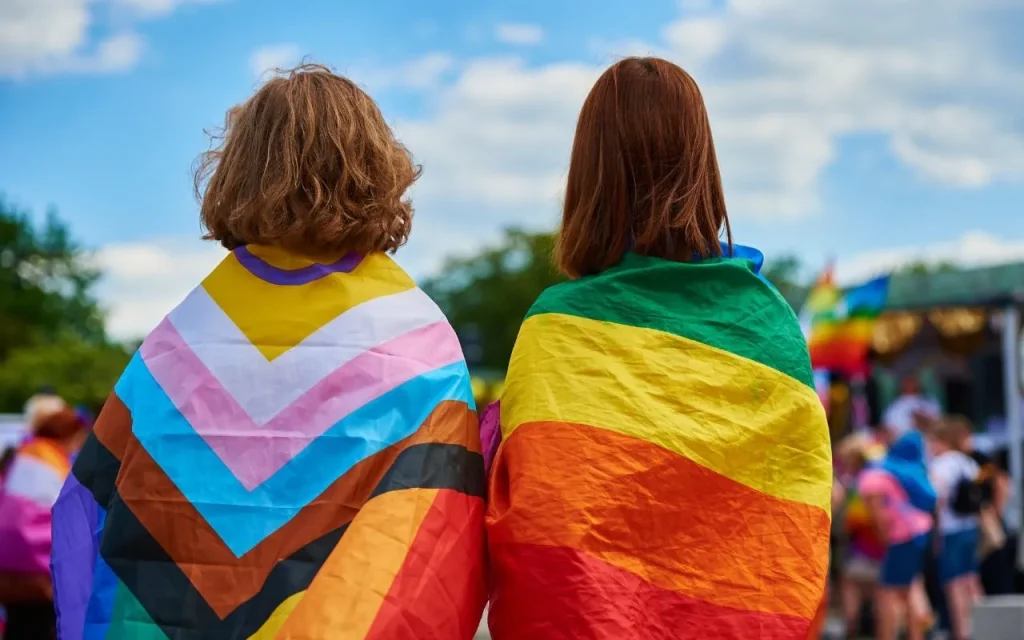
How to Qualify for LGBTQ+ Scholarships
If you’re part of the LGBTQ+ community—whether you’re lesbian, gay, bisexual, transgender, queer, or identify in another way—there’s a good chance you qualify for LGBTQ+ scholarships. The best part? You usually don’t need to provide formal proof of your identity.
Instead, the application process often focuses on you sharing your personal experiences. You’ll likely be asked to write about how being a part of the LGBTQ+ community has shaped your life and educational goals. This is your chance to highlight your unique journey and how it has influenced your path. Just be genuine and open about your experiences, and you’ll be able to show how your identity has played a role in your academic and personal growth.
Check Award Eligibility
Just like any scholarship, LGBTQ+ scholarships have specific eligibility criteria you’ll need to meet. There’s no limit to the number of awards you can accept in a year, so it’s smart to apply for as many as you can. When you find a scholarship that interests you, the first thing to do is check the eligibility requirements. Some scholarships are available nationwide, while others might be specific to certain regions. Additionally, you might need a particular GPA to apply, or there could be age or major requirements.
Find Awards Based On Your Education Level
LGBTQ+ scholarships come in all shapes and sizes. Some are aimed at high school seniors planning to attend accredited colleges or universities, while others target community college students or those already in college. There are even scholarships for high school students and for those who’ve graduated and are looking to go back to school. Some scholarships focus on students majoring in STEM fields, while others are for those in the humanities.
Find Awards Relevant to You
Beyond general LGBTQ+ scholarships, there are many tailored to specific groups within the LGBTQ+ community. For example, there might be scholarships specifically for gay men who are undergraduates, lesbian scientists, or LGBTQ+ students pursuing particular majors. It’s important to find scholarships that match your personal identity and academic goals.
Check Eligibility Criteria
Eligibility criteria can vary widely, and so do the missions of these scholarships. Some may focus on LGBTQ+ allies who actively support equal rights, especially if they have personal connections to the LGBTQ+ community. If you’re passionate about advocacy and leadership within the LGBTQ+ community, look for scholarships that align with your commitment and goals.
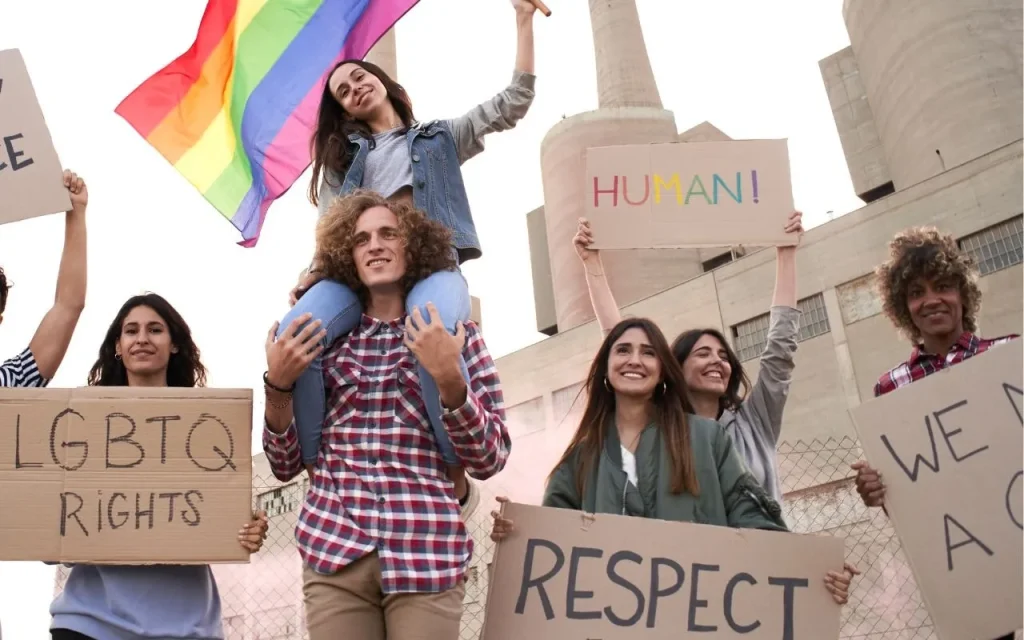
How to Apply for LGBTQ Awareness Scholarships
Applying for LGBTQ+ scholarships can be a lot like filling out college applications. You’ll need to provide some basic info, and you might also need letters of recommendation and a personal essay or statement.
Your Application Essay
Unless you’re applying for a no-essay scholarship, your application essay is probably going to be the most important part of your application. Many scholarships place a lot of weight on these essays when deciding who gets the award. If you’re not the most confident writer, don’t worry! Here are some tips to help you craft a standout scholarship essay.
Follow Essay Guidelines
First off, make sure you follow the specific guidelines provided by the scholarship. There’s often a required length and format, and not sticking to these could mean your application gets tossed out right away.
Write Authentically, But For Your Audience
Secondly, learn about your audience and what they might be looking for. Reading about the scholarship provider’s mission or looking at essays from past winners can give you a better idea of how to approach your essay.
Don’t Use One Essay Every Time
Even though scholarship essays might start to feel repetitive, make sure to tailor every scholarship to the exact essay question. It might be easier to cut corners and use the same essay for all of your applications, but if you aren’t directly answering the question that you are getting asked, that is the first thing that will stand out.
Pay Attention to the Details
While it may seem obvious, paying attention to the application details is an easy and important way to land yourself a scholarship. Double-check everything, even if you’ve filled out many applications before. Small mistakes can be a big deal.
Stay Organized
From writing down all of your scholarship application deadlines to triple-checking your scholarship essay for typos, paying attention to the details of your scholarship application can make the difference between winning scholarships and finding yourself at the top of the reject pile. If you can, have a friend or family member review it too. A fresh perspective can help catch any errors you might have missed. This attention to detail could be the key to winning that scholarship!
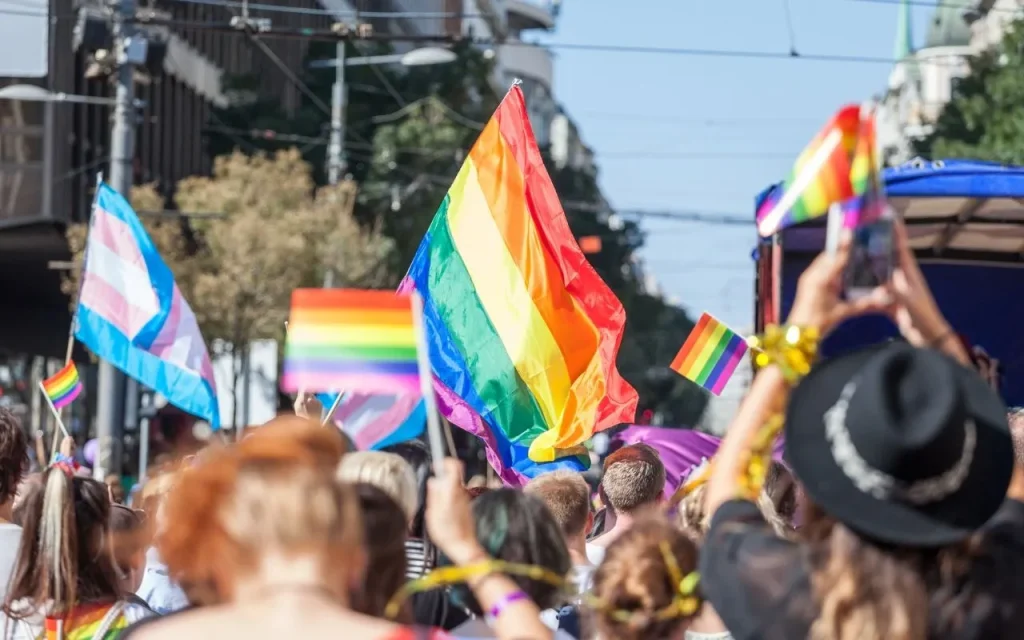
Where to Look for Scholarships
Finding LGBTQ+ scholarships is easier than you might think—it’s all about knowing where to search.
Online
Start by searching for “LGBTQ+ scholarships” on your favorite search engine or a dedicated scholarship search site, like Bold.org. You’ll find a variety of options that you can sift through to find the ones that match your needs. Many websites also categorize LGBTQ+ scholarships into different types, like general, regional, or athletic, so you can narrow down your search effectively.
College Resource Centers
Many colleges and universities have LGBTQ+ resource centers that offer scholarships and financial aid specifically for LGBTQ+ students. These centers aim to support diversity on campus, and some opportunities might even be tied to specific degrees. If you’re eyeing a particular college or are already accepted, check out their administration office or LGBTQ+ resource center for potential scholarships.
Types of Scholarship Sponsors
Scholarships for LGBTQ+ students come from a variety of sponsors. Some are created by individuals passionate about supporting the LGBTQ+ community, like the “Traub-Dicker Rainbow Scholarship,” established by Peggy Traub and Phyllis Dicker. Many schools, such as Michigan State University, with its “Pride Scholarship,” also offer scholarships to encourage LGBTQ+ students to apply.
Many scholarships are funded by specific organizations, non-profits, or foundations that exist to help support members of the queer community, including Pride Foundation scholarships, Pride Foundation Awards, and the LEAGUE Foundation scholarships. Some sponsors may create a scholarship fund to raise money to create scholarships.
No matter the sponsor, there will be specific descriptions and eligibility criteria. For example, scholarships can be specifically for high school students, graduate students enrolled in a specific degree program, LGBT students, or target students who demonstrate community support. The options are endless.
Scholarship Application Strategy
With so many LGBTQ+ scholarships available, it’s important to focus on those that are the best fit for you.
Find Relevant Awards
Tailor your search to scholarships that align with your specific identity and interests. For example, if you’re an athlete, you can find athletic scholarships. If you’re an LGBTQ+ ally who’s been actively involved in promoting LGBTQ+ rights, seek out scholarships for leaders and advocates. Applying for scholarships that match your unique profile can make your application stand out and reduce competition.
By applying to scholarships that target your specific LGBTQ+ identity, not only will the application pool be smaller and less competitive, but it will also be easier for you to win scholarships.
Narrow Your Search
Set up a scholarship application search that narrows the list down to awards you think you have the best chance of winning. In scholarship-specific databases, you can filter down your search by region, GPA, and other factors that will help you find scholarships that play to your strengths. If you need to submit letters of recommendation, ask mentors, coaches, or teachers who know you well and can boast and highlight your talents and strengths.
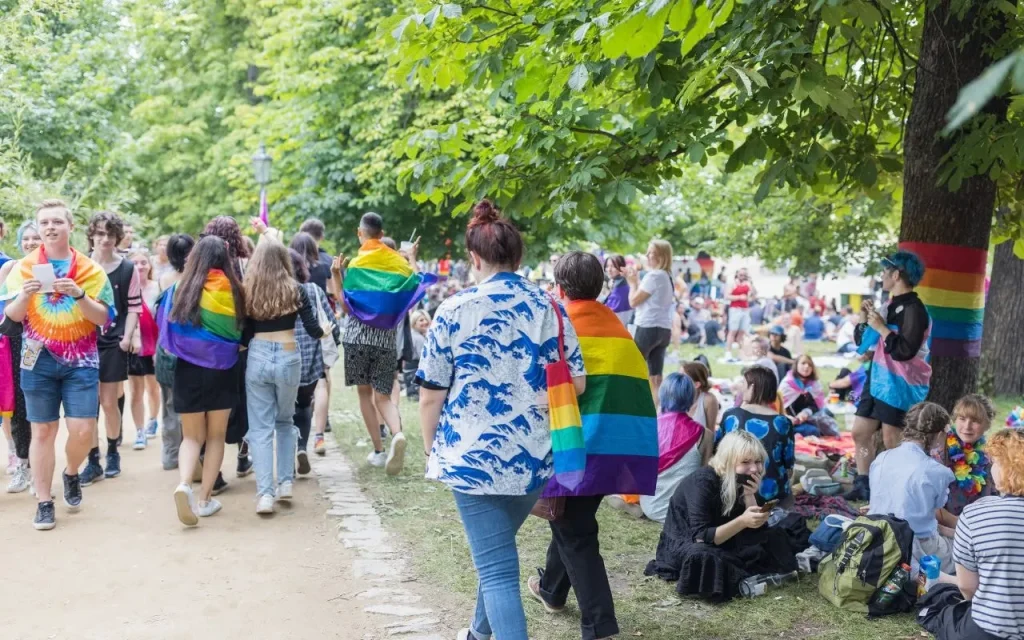
Frequently Asked Questions
When Should I Start Applying for Scholarships?
It’s never too early to start applying for financial awards. If you are looking for opportunities for college students or graduate students, it’s best to start your search as early as your junior or senior year of high school. Many scholarships are awarded annually, so if you miss a deadline, you can always apply the following year.
What to Consider When Applying for Scholarships?
When applying for LGBTQ+ scholarships, pay attention to the details. First, check and see if you are eligible to apply for that specific scholarship, and take note of all the materials you will need to submit. Don’t overlook the scholarship deadline; mark it on your calendar.
How Do I Make My Application Stand Out?
The best way to make your LGBTQ+ scholarship application stand out is through your application essay. Your application essay is how the judges will get to know you and your unique story – so make sure to dedicate the most time to this section of the application.
What Is the National Gay Pilots Association?
The National Gay Pilots Association (NGPA) is a nonprofit organization dedicated to supporting and advocating for LGBTQ+ pilots and aviation professionals. Founded in 1997, the NGPA aims to foster a safe and inclusive environment for LGBTQ+ individuals in the aviation industry.
Are There Scholarships for Study Abroad Programs?
Yes, there are scholarships specifically for study abroad programs. Many organizations, universities, and government agencies offer financial assistance to help students cover the costs of studying in another country.
How Can I Increase My Chances of Getting Scholarships?
While it’s always best to apply for as many applications as possible to increase your chances of landing a scholarship, be selective when deciding what financial awards to apply for. Instead of only applying for general LGBTQ+ financial awards, try and find ones that match your specific circumstances.
Need financial support to attend college? College scholarships can help you. Browse these scholarships to find the right fit for you.

Lucy Maddox
Lucy’s international upbringing in Hong Kong and love for literature have shaped her multifaceted background. She attended university in Middlebury, Vermont, before settling in Arlington, Virginia. In her free time, Lucy enjoys True Crime podcasts, thrillers, literary fiction, running, hiking, exploring Washington, D.C.'s newest restaurants, and blogging about her latest travels.

